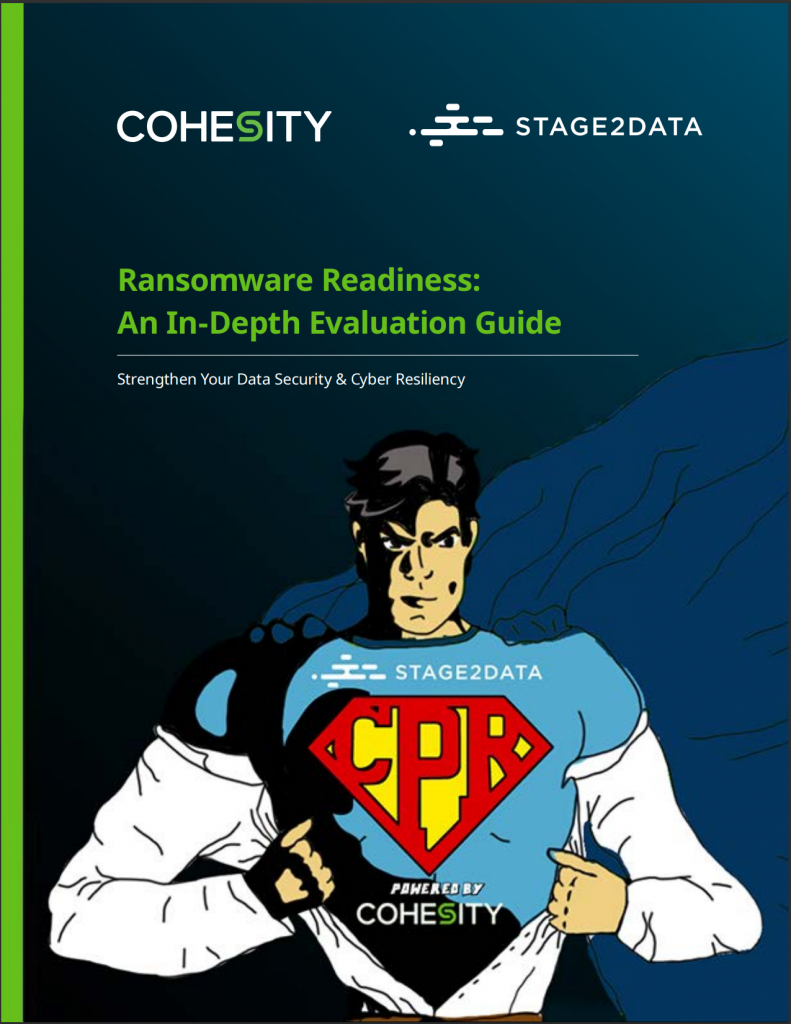Storing and managing information is critical to an organization’s continuity. “Moving to the cloud” is becoming increasingly attractive to organizations, but how many of these organizations really understand the cloud and what such a move entails? Preparing to move to the cloud requires you to have an informed strategy before embarking on this journey.
In this post, we outline what we consider the four must-knows when considering migrating to the cloud.
1. You pay for the resources that you use
One of the biggest benefits of hosting your data and applications in the cloud, is arguably its cost effectiveness. And since you will be paying for cloud hosting and backup for many years, cost is an important consideration. Cloud service providers often offer pay-as-you-use options that make this more advantageous than on-prem solutions. This means that instead of paying a flat rate for a set amount of data, the pay-as-you-use option only charge for the data and infrastructure that you use thereby offering a financially beneficial option to your organization.
2. Your data can be stored anywhere in the world
When backing up data to the cloud, your service provider typically uses servers located remotely. Against the backdrop of cyber-security, privacy breaches and compliance obligations, such as data protection legislation, “it’s important to understand where exactly your data is stored, and your provider should give you this information upfront in their service-level agreement (SLA).”
3. There is no need to do everything in the cloud
Everything will benefit from running in the cloud a misconception. However, according to InformationWeek “not all business applications should migrate to the cloud and enterprises must determine which apps are best suited to a cloud environment.” Reasons often cited for not hosting all applications in the cloud, include ownership and compliance issues, that it’s not physically possible, and not financially viable. To inform your decision when hosting applications in the cloud, consider each application’s current situation and performance requirements.
4. The responsibility to secure your cloud space is still yours
It is important to distinguish between who owns the infrastructure and who owns the data. Your cloud service provider owns the infrastructure, but you/your organization own the data. If begs the question of who should take responsibility for cloud security. Considering the practical implications there rests a shared responsibility on both cloud service provider and organization to ensure security. For example, your cloud service provider has a duty to only allow authorized parties access the data center, but if your code (which belongs to you) contains a vulnerability that is ultimately exploited, that’s on you.
Migrating to the cloud has the potential to secure massive cost savings and boost the efficiency and functionality of your organization. As Canada’s Premier Private Cloud Solution Provider, we provide cloud hosting and cloud backup services that give you the freedom to outsource your data storage needs with confidence and cost efficiency. Your data will be safe and secure as all Stage2Data backups are protected. To learn more about reaping the financial and operational benefits of cloud hosting, while still staying secure in the cloud, contact us today.



